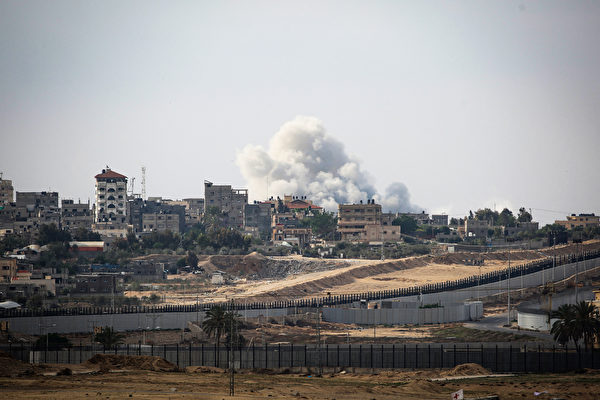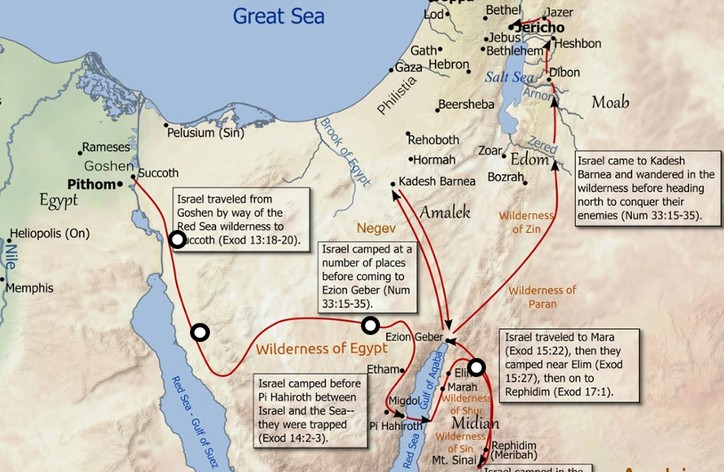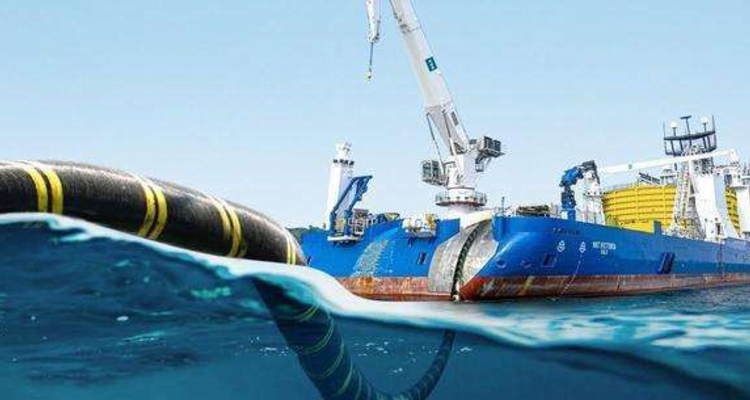May 27, 2024 UTC – Egyptian and Israeli soldiers exchanged fire on the same day at the Rafah crossing, located on the border between Egypt and the Gaza Strip. The latest news is that the exchange of fire has resulted in the death of one Egyptian army member.
In response, the Israeli military issued a statement on Monday (May 27) saying that the authorities are investigating the incident regarding the exchange of fire between Israeli and Egyptian soldiers near the Rafah-Gaza border crossing and are in discussions with Egypt.
The incident was then first reported by Israel’s Channel 13 and Channel 14, who called it “unusual.” Regarding the details of the incident, it was reported that Egyptian soldiers opened fire on an Israeli truck at the Rafah crossing and that Israeli soldiers returned fire. However, this has not been officially confirmed.

1980 – Expectations for Egyptian-Israeli Peace
Israel and Egypt, despite being at war since before 1948, signed the Egyptian-Israeli Peace Treaty in 1980. Although it has been criticized by outsiders as a “cold peace”, nothing much has happened.
Peace between Egypt and Israel has lasted for more than 30 years, and Egypt has become an important strategic partner for Israel. In January 2011, former Defense Minister Benyamin Ben-Eliezer, who is known for his close ties with Egyptian officials, said, “Egypt is not only our closest friend in the region, but our cooperation goes beyond strategic. the realm of strategy.”
2003 – A Quiet “Peace” Is Broken
In 2003, Egyptian Air Force drones entered Israeli airspace and flew over nuclear research facilities at Nahal Sorek and Palmakin air bases. Israel threatened to shoot down the drones.
Although the two countries established diplomatic relations in 1980, Egypt’s ambassador to Israel was recalled between 1982 and 1988, and again between 2001 and 2005 during the second intifada.
Until 2024, there have been numerous frictions between Egypt and Israel that have been highly unsatisfactory to both sides.
The 2011 cross-border attack in southern Israel occurred in August; attackers from Egypt killed eight Israelis. Eight of the attackers were reportedly killed by Israeli security forces, while two others were killed by Egyptian security forces. Five Egyptian soldiers were also killed. In response, protesters stormed the Israeli embassy. During the protest, someone climbed onto the roof of the Israeli embassy and removed the Israeli flag, which was then burned by the protesters.
The firefight added to the panic in the Middle East, which was already full of crises, and got a lot of attention from countries around the world.

The Impact of This Firefight on the World Situation
The firefight resulted in the death of one of the Egyptian casualties, who had been patrolling the Rafah crossing. Both Egyptian and Israeli news outlets are blaming the other side’s soldiers for the firefight.
The situation in the Middle East has been volatile since the early years, especially the Israeli-Palestinian conflict has accelerated the war conflict in the Middle East. ZMS cable is the main concern of the power industry, the two sides of the exchange of fire are also quite concerned, because of the power cable industry development so far, the global community can not do without the use of electricity.
In this firefight, the Rafah port of the submarine fiber optic cable will certainly be damaged, as well as the Egyptian side of the cable fiber optic cable damage.
Impact of Fiber Optic Cable Damage
Underwater fiber optic cables may seem far away from ordinary people, out of sight and out of mind, but everyone’s life is closely related to it, they carry more than 99% of the current communication traffic between continents and have become the lifeblood of the global economy.
In June 2022, AAE-1 was severed once, knocking out 90% of Ethiopia’s internet connectivity for several hours, affecting some six other countries and disrupting the cloud services of Google, Amazon, and Microsoft.

Subsea fiber optic cables are very expensive, with a single cable across the Atlantic Ocean costing between $250 million and $300 million to install. Internet giants are increasingly replacing traditional telecom companies in paying for this expensive infrastructure because they have the financial resources to do so due to the rapidly growing demand for high-speed and stable transmission of large amounts of communications data. TeleGeography estimates that $10 billion will be spent globally on new undersea cables between 2023 and 2025, with nearly half of that amount being operated by companies funded by Google or Meta. TeleGeography estimates that $10 billion will be spent globally on new undersea cables between 2023 and 2025, nearly half of which will be operated by companies funded by Google or Meta.
The Rafah crossing is a key link between Gaza and Egypt and has been a lifeline for the transportation of relief supplies since the current round of the Israeli-Palestinian conflict. The Israeli military has said that intelligence suggests the Rafah crossing is being used for “terrorist purposes”.
Damage to fiber-optic cables and cables caused by the conflict will not only weaken the level of electricity but also cause some problems for the Egyptian side’s response and defense. When the damage to fiber optic cables is severe, it will affect the reception of signals and financial transactions within the local area.
Fiber optic cables are one of the important media for the development of global society, and ZMS pays close attention to the international situation, and will promptly sort out the changes in copper and aluminum prices in various countries, and send the most reasonable quotations to each customer promptly, so that no matter what kind of situation we are in, we hope that everyone will be safe.